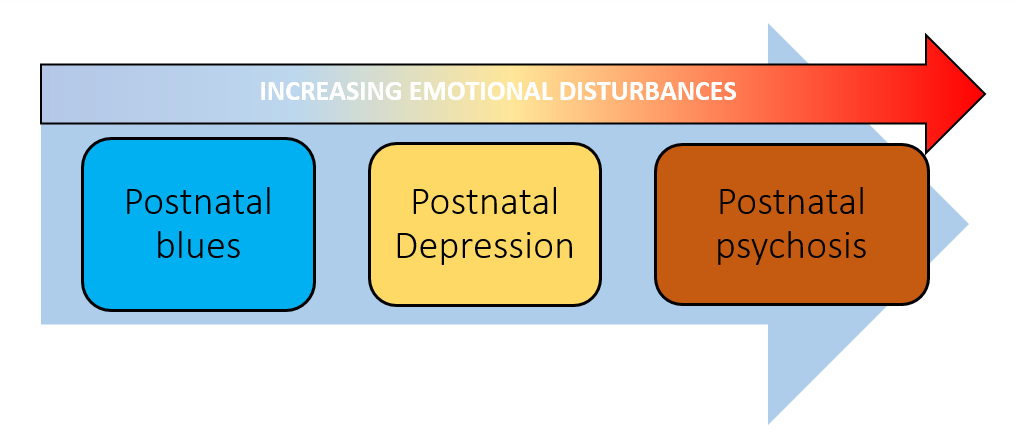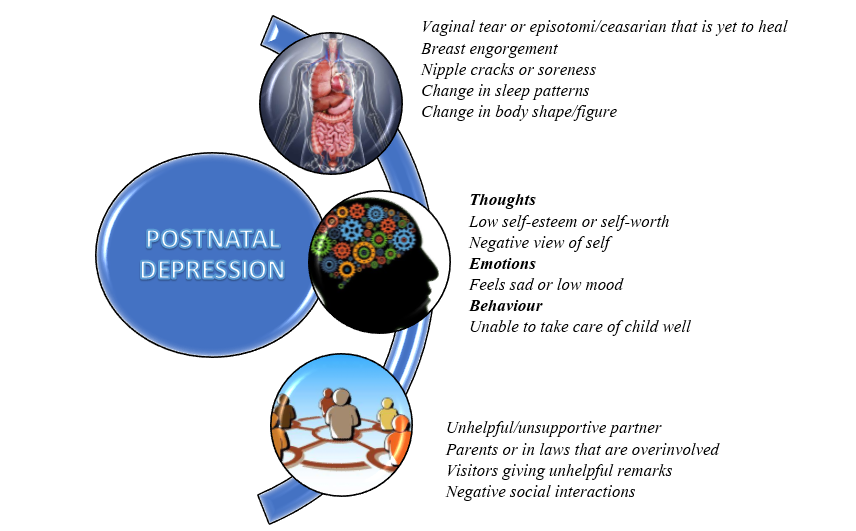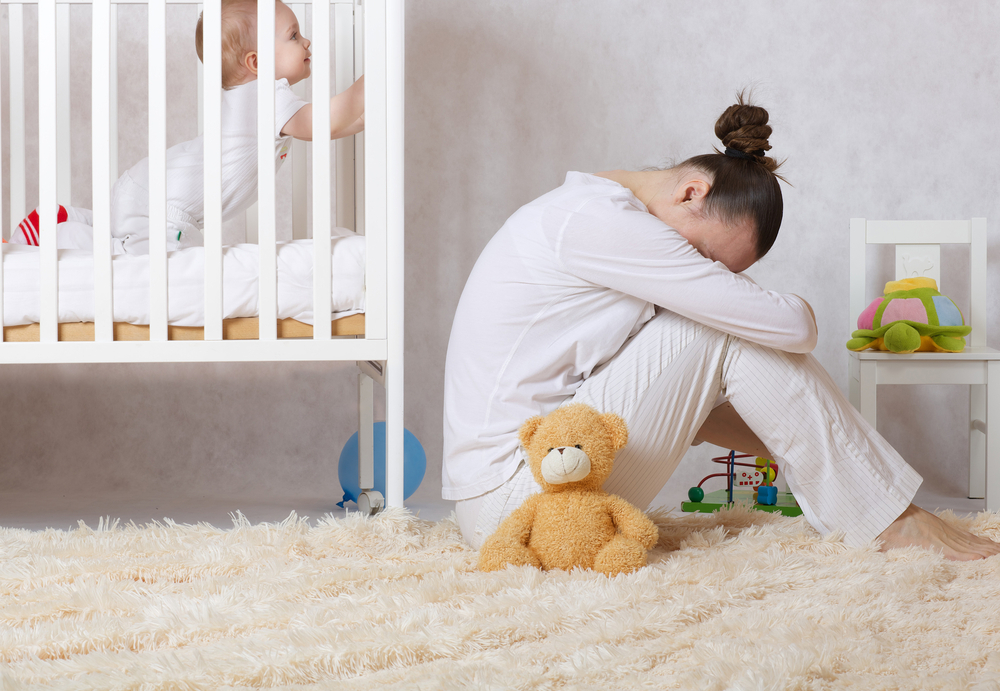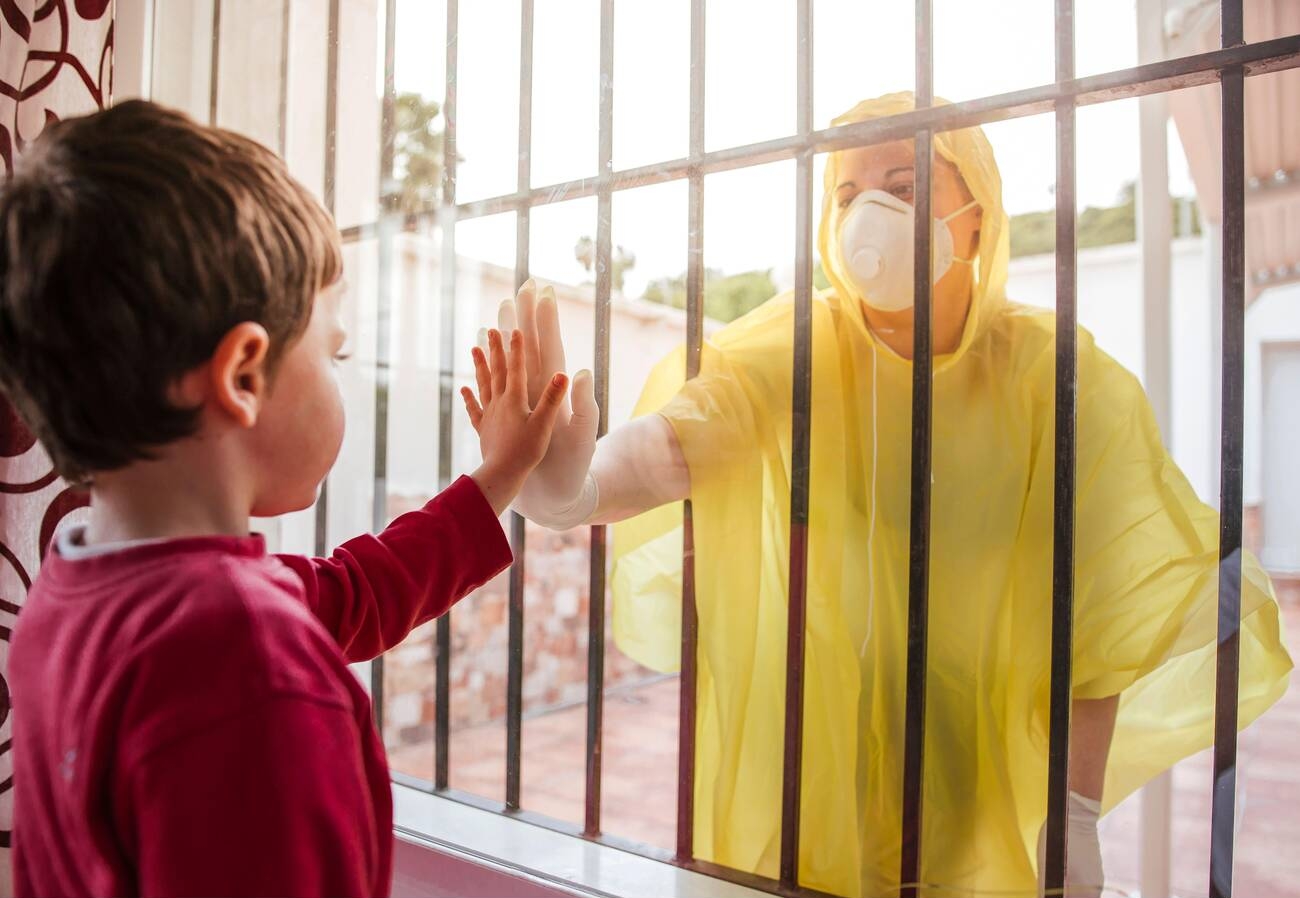ALL ABOUT THE BABY. BUT WHAT ABOUT ME?
I AM NOT OKAY.
Understanding post-natal blues and post-natal depression.
One would say, having a baby comes with great excitement and joy. Surely bonding with this new bundle of joy would not be a problem. Thus, some may feel troubled when they do not feel as such. Some may have difficulties bonding with their baby. Some, to the contrary, may feel sad, having low mood, being less energetic, and easily irritable. It is even harder when it is not received well when such struggles are dismissed within close relatives and social circle or even the community. Some may start to doubt their own wellbeing, feel guilty and blame themselves for feeling as such. This in which makes the struggle harder and worse. All in all, creates a debilitating condition that affects not only the mother, but also the child and the family.
Once a mother gives birth, so often, the focus shifts entirely towards the new-born. And at most, sadly however, mother’s physical and mental well-being are usually put in the back burner or drifts into the background. A recovered mother from post-natal depression shared – “It was all about the baby. But nobody asked about me. I was not okay. Talking about it was even harder”.
Postnatal period is a different and strange period for many. Having a baby is without a doubt a huge life event. The post-delivery period can hit a woman in different ways, may it be for a first-time mother or even a mother of two, three, four or five. It is a phase that involves a roller-coaster of powerful emotions that a woman may struggle with.
What do we know about postnatal depression?
As much as we think that it is not common in the population or not a topic often discussed, it is in fact much more common than one would aspect. Postnatal depression affects 1 in 9 women worldwide with up to 17% of women experience postnatal depression on average. Specifically in the UAE, the number of women affected almost double the global average rate with more than 1 in 3 experiencing depressive symptoms in their first 6 months post-delivery (Hanach et al., 2022).
What is Postnatal depression?
Low mood or depression during the perinatal period (the period throughout pregnancy and 1-year post-delivery) can be seen as a spectrum of symptoms. This can include postnatal blues, postnatal depression, and postnatal psychosis.
Postnatal blues or commonly called the ‘baby blues’ are experienced not more than two weeks after giving birth. This could be a sense of feeling low, a bit more emotional and tearful. These feelings are common and normal amongst mothers after the delivery of the baby. These feelings are usually brief, come and goes throughout the day and resolves by the third week after delivery of the baby.
Postnatal depression are usually feelings that persists beyond the first two weeks after delivery or may start later. During this period, a mother may experience persistent feeling of sadness and low mood, loss of interest to engage in any activities, sleep disturbances, change in appetite, negative and unhelpful thoughts, feelings of guilt and shame, difficulties in focussing and making decisions, lacking in energy and experience fatigue, excessive irritability, or anger, detached and unable to bond with their baby.
Postnatal psychosis on the other hand is more severe than postnatal depression but very rare, affecting 1 in 1000 women worldwide. It usually starts in the first few days after giving birth but can also be experienced weeks post-delivery. Postnatal psychosis involves mood disturbances and being out of touch with reality (such as experiencing hallucinations, delusions or thought disturbances). This condition is considered to be at the severe level of mental illness and can be very dangerous for both mother and baby. Thus, this stage, though uncommon, will require immediate medical help.

Understanding the biopsychosocial of post-natal depression
Post-natal depression affects the woman, biologically/physically, psychologically, and socially. There are several aspects that may contribute towards a woman experiencing postnatal depression and in which maintains it.

Getting the support
Feeling low, depress or “just out of it” is not in any way a reflection of you as a bad mother or that you are going crazy. Some may even have low self-esteem or experiencing self-conflicts as they struggle with adapting to the new role of being a mother or even coping with going back to work and balancing work and family.
If you at any stage of your pregnancy or after the delivery of your baby is experiencing any emotional difficulties or struggling with even day-to-day emotions, do reach out. If you see or know anyone that is struggling as well, do help to reach out. You, your partner, or someone you know may be experiencing these low moods during the pregnancy, after the delivery and for some, persist even beyond 6-months of pregnancy. Studies have shown that depressive symptoms reduced due to treatment received from clinical psychologists (Hanach et., al., 2022). Thus, early intervention is key. It helps to significantly minimise the impact it has not only on the mother, but also the child, and the family.
How can psychologists and therapy help?
Talk therapy can help in understanding and navigating the complex and confusing emotions felt. Additionally, it will involve collaborating with a therapist in discovering better strategies to cope with the difficulties experienced. One of the most evidence-based talk therapy that has been found to be effective in managing perinatal depression (at any stage of pregnancy or after the delivery of the baby) is called Cognitive Behavioural Therapy (CBT). It helps a person see how their way of thinking and their behaviour can affect the way they feel. Working collaboratively with your therapist can help uncover better and healthier ways to cope towards living a more rich and meaningful life; -being the best person you can be.
Reference
Hanach, N. et al., (2022). Social Psychiatry and Psychiatric Epidemiology, Prevalence and risk factors of postpartum depression among women living in the United Arab Emirates. https://doi.org/10.1007/s00127-022-02372-1
Author
KAUTHAR ALLY
- Occupational Therapist





